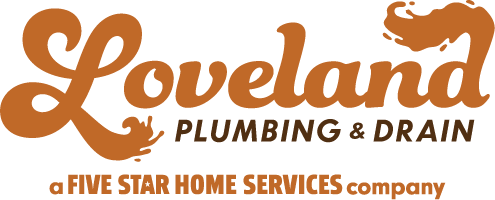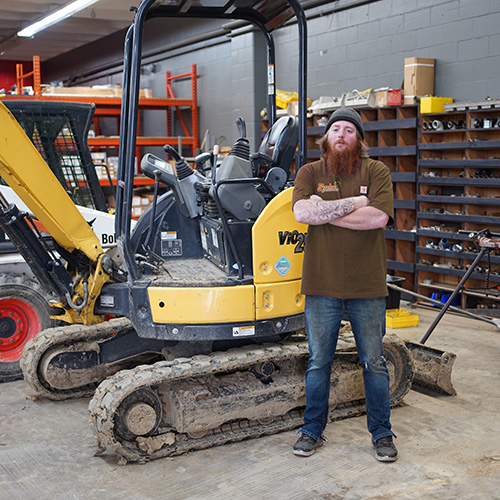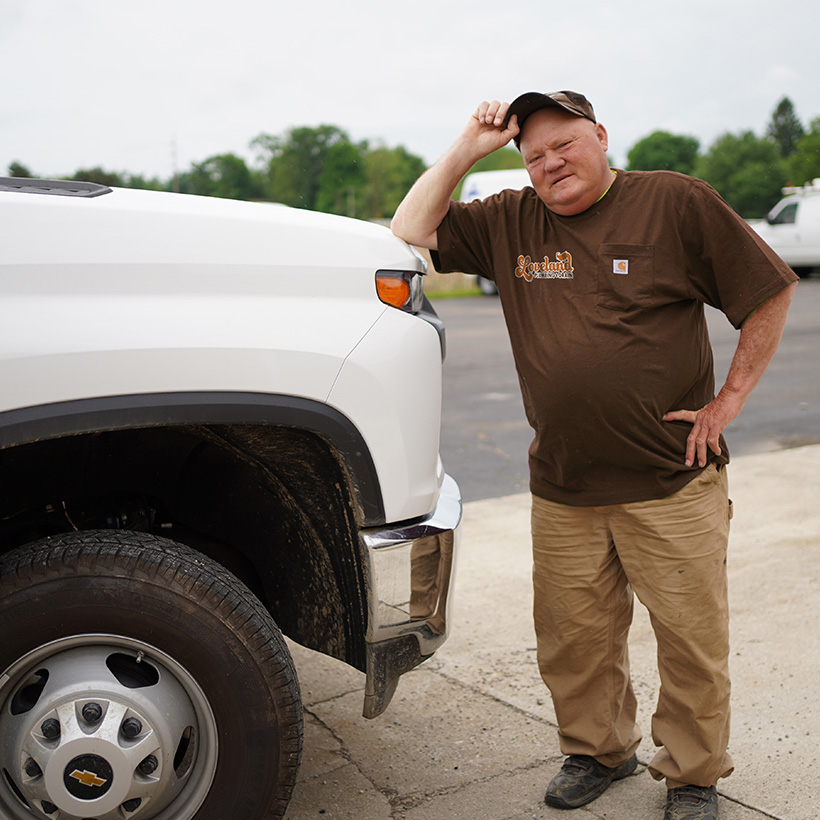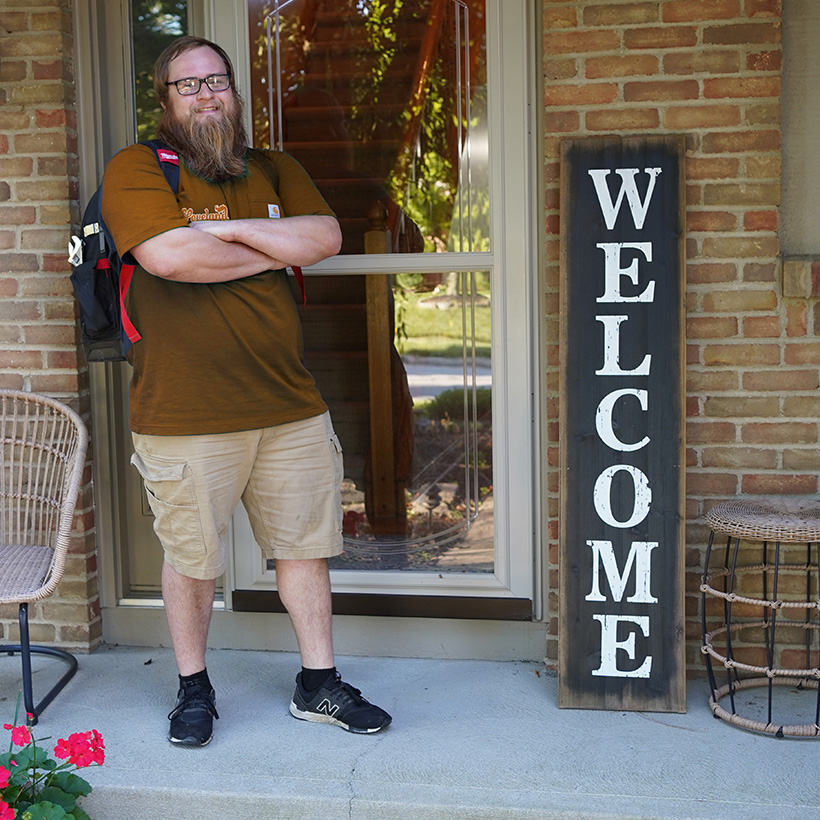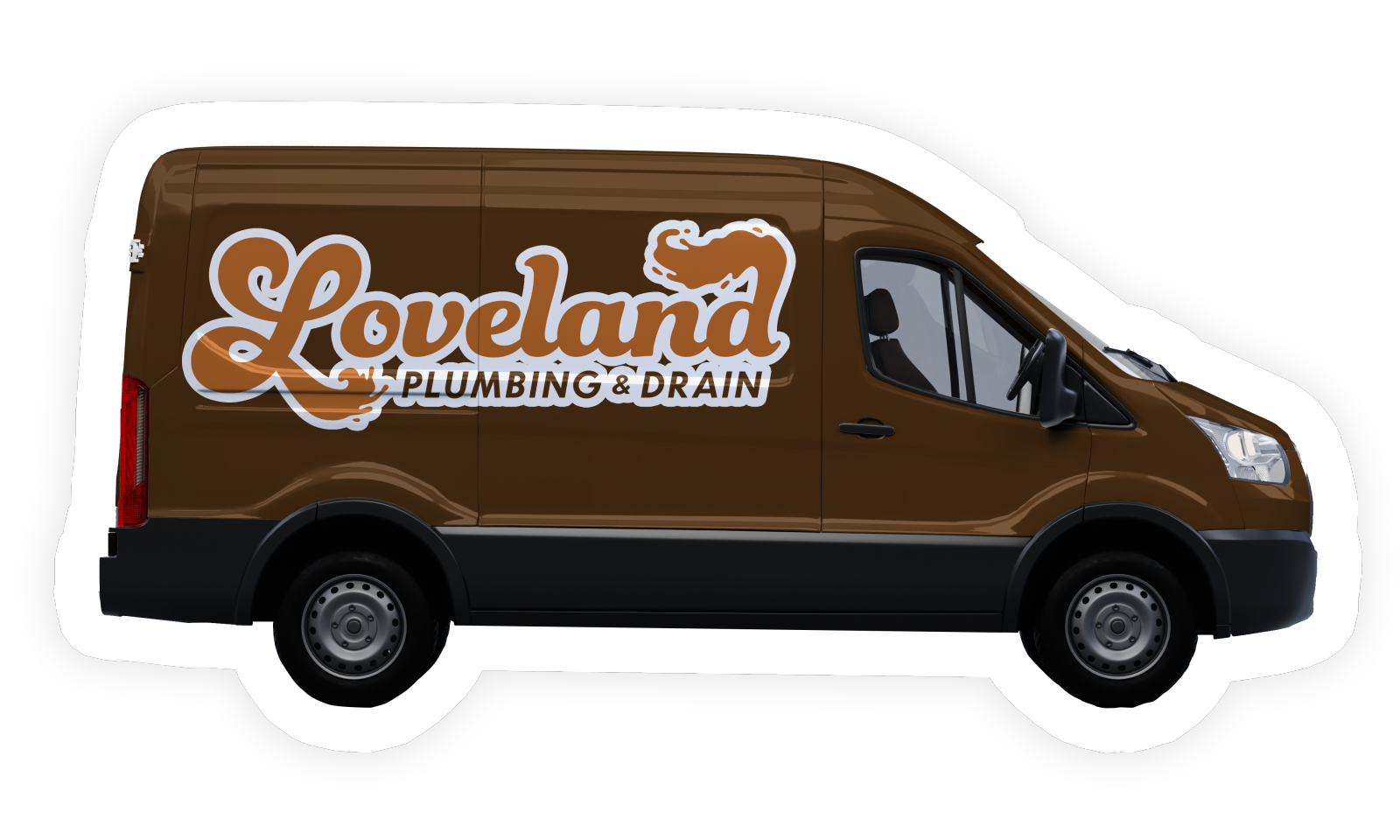
Excavation Services
Signs Excavation Might Be Necessary
There are a number of signs that a sewer or drain line is in need of repair. Clogs are one of the most common problems that homeowners experience with their sewer lines. This can be caused by buildup from tree roots, grease build-up from cooking, and more. If you notice water backup in your home or smells coming from your drains, it’s important to have an expert take a look at what’s going on inside your pipes.
There are also other issues that can occur with your pipes, such as leaking toilets, leaks under sinks and bathtubs, water damage due to cracked foundations or foundation settlement (also known as “settlement cracking”), cracks in walls and floors due to shifting soil around them (known as “heaving”), popping sounds coming from underground pipes when there isn’t any heavy construction nearby.
The sewer line is the pipe that carries wastewater (sewage) away from your home or business to the city sewer line. Sewer lines are normally made of plastic or clay pipe. They can become clogged due to tree roots, grease buildup, or other debris. To repair your sewer line, we’ll excavate it and replace the line.
Drain Cleaning & Sewer Line Services in Loveland & Cincinnati
If you are in need of drain cleaning and sewer line repair services anywhere in the Loveland, OH area, we can help. Our company has the expertise and experience to ensure that your job is done right, on time, and within budget! We provide these services for residential homes, businesses, and industries throughout the Cincinnati area.
If you have any of the following, it’s time to call a professional:
- Smelly water. Sewer lines can be easily clogged by fat, grease, and other kitchen waste. This can lead to bad smells in your home or office building.
- Slow draining water. If your shower or sink drains slowly, chances are that this is due to a blocked main sewer line. When a pipe becomes full of debris, it can cause vibrations that cause pipes to crack and leak sewage into your property and surrounding areas.
- Mold/grunge build-up inside of drains – this could be due to an existing problem with tree roots growing within the sewer line itself, thus restricting flow.
If you’ve got a clogged drain, there are several ways to get it unclogged. The most common way is to use a plunger, which you can usually find in your household cleaning supplies. To use a plunger, place the cup of the plunger over the drain and push up on it repeatedly until your sink pours freely again.
Another option is a chemical drain cleaner; pour down one bottle of this stuff into each clogged drain, wait 15 minutes for it to work its magic (mixed with water), and then flush out with hot water from your faucet or shower head. For particularly stubborn clogs, try snake powder: mix up some baking soda with water and pour it down into your drains; leave overnight before flushing out with boiling water from above. Drain snakes are another option; these tools let you dig deeper into pipes than plungers ever could while also being able to reach through straight pipes as well as curved ones!
Excavation FAQ
WHAT IS SEWER AND DRAIN CLEANING?
There are different types of drainage systems in place, and they all require different maintenance. If you have a sewer, drain, or septic system, you need to make sure it’s properly maintained so that your pipes don’t get clogged up and cause a backup. Drain cleaning is the process of removing obstructions from drains. Sewer water contains many contaminants that can damage property if left untreated. Soakaways collect rainwater runoff and filter it for reuse on gardens or lawns by way of percolation into natural aquifers below ground level
We offer residential and commercial drain cleaning services at affordable prices! All our technicians are certified & professional with years of experience in this field; they know exactly what they’re doing!
DO MOST HOMES HAVE A SEWER CLEANING DRAIN?
Most homes have a sewer cleaning drain. This is usually located in the basement or garage and can be accessed by removing a cleanout plug that covers the pipe.
Some homes do not have a cleanout, however. These are called “direct-connect” systems—the pipes connecting your home to the sewer line are buried directly beneath it. In this case, you will need to call an excavator to open up your yard so that they can access those pipes and repair them (or replace them altogether).
DO ALL HOUSES HAVE SEWER CLEANOUTS?
No, not all houses have sewer cleanouts. The purpose of a sewer cleanout is to allow access to the inside of the house’s plumbing pipes so that they can be cleaned and/or repaired. However, many homes don’t have these because they’re often installed outside in the yard or driveway.
If you do have a cleanout nearby, it should be marked with a “C” on one side and an arrow on the other side pointing towards your home’s front door (if you’re looking at it from outside). If there isn’t one visible, contact your plumber and ask him or her where it is located so that he or she can find and mark off any pipes that need cleaning or repair before excavating begins

